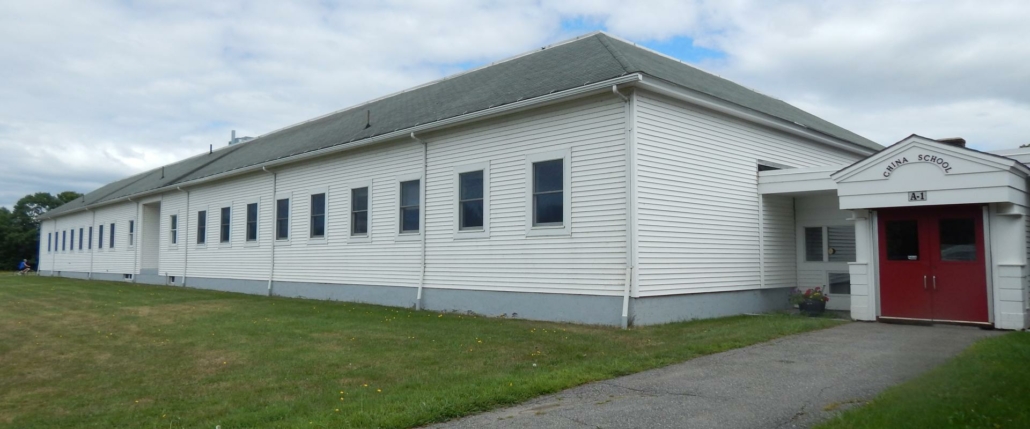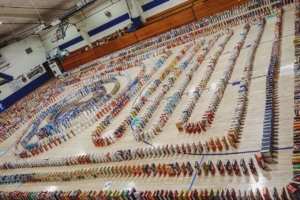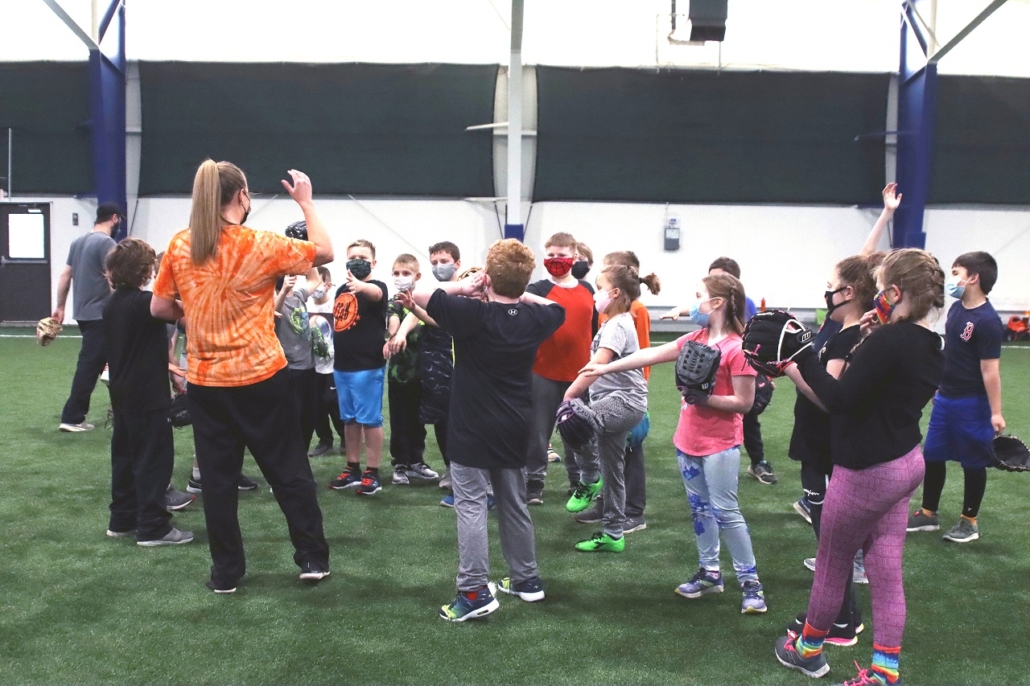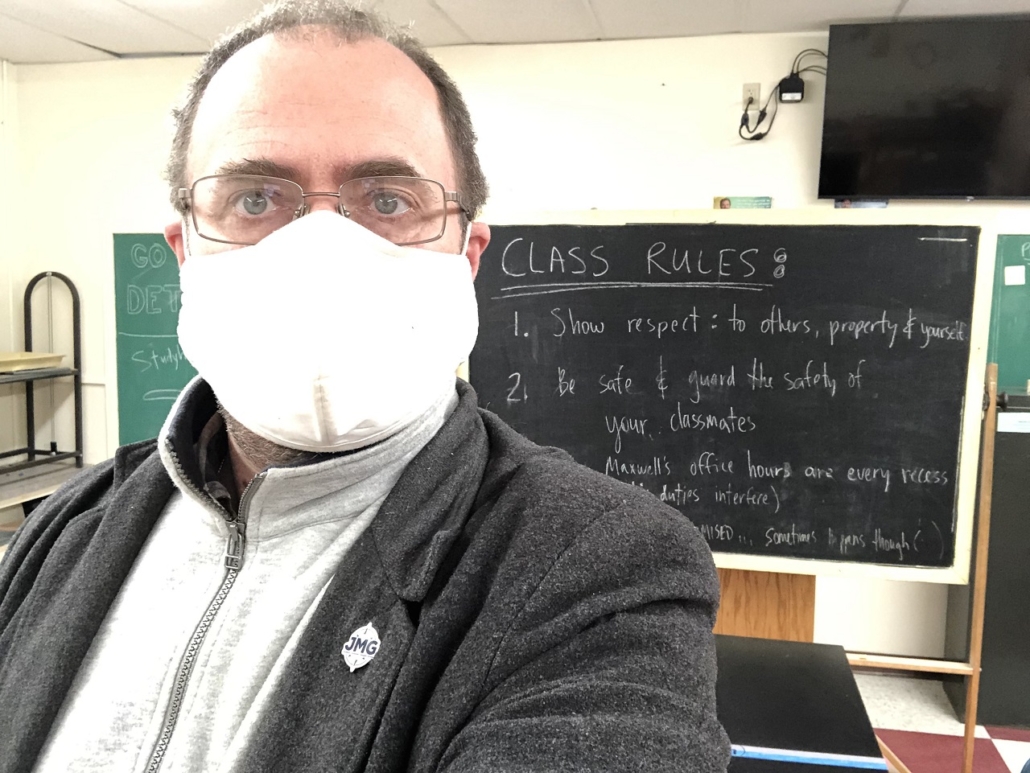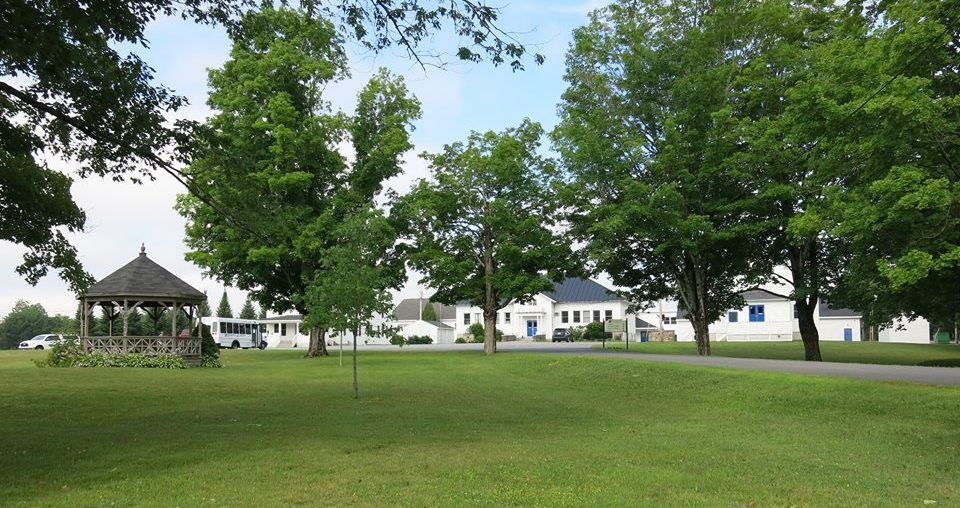
(photo credit: Erskine Academy)
Grade 12
High honors: Abbygail Blair, Jane Blanchard, Christopher Bourdon, Nomi Bouwens, Samantha Box, Anthony Chessa, Ashley Clavette, Joleigh Crockett, Cody Devaney, Amelia Evans, Addison Gamage, Margaret Gamage, Avril Goodman, Avery Henningsen, Delaney Ireland, Sierra LaCroix, Haley Laird, Isabela Libby, Colby Lloyd, Emily Lowther, Chiara Mahoney, Jonathan Martinez, Michael Nicholas III, Ian Oliphant, Brian Ouellette Jr, Annaliese Patterson, Aiden Pettengill, Anna Pfleging, Sydni Plummer, Harry Rabideau, Kristin Ray, Aarick Staples, Joshua Tobey, Dylan Wing and Kelby Young.
Honors: Mara Adams, Brooke Allen, Philip Allen, Nicholas Barber, Rylee Bellemare, Everett Blair, Johnathan Blair, David Bourgoin, Trevor Brockway, Eleanor Brown, Ethan Cates, Joshua Cowing, Nolan Cowing, Jacob Devaney, Abigail Dumas, Patrick Hanley, Hailey Haskell, Paeshance-Rae Horan, Emma Hutchinson, Bryan Joslyn Jr, Keith Knowles, Kaylah Kronillis, Joanna Linscott, Hailey Mayo, Gavin Mills, Courtney Paine, Isabella Parlin, Elek Pelletier, Allison Roddy, Colby Rumpf, Acadia Senkbeil, Riley Sullivan and Samuel York.
Grade 11
High honors: Isaac Baker, Maylien Beermann, Jacob Bentley, Jack Blais, Autumn Boody, Lilian Bray, Emily Clark, Liberty Crockett, Colby Cunningham, Michele De Gugliemi, Isabella DeRose, Kaden Doughty, Emma Fortin, Josette Gilman, Samantha Golden, Larissa Haskell, Grace Hodgkin, Rachel Huntoon, Emma Jefferson, Grace Kelso, Tanner Klasson, Mallory Landry, Aidan Larrabee, Lili Lefebvre, Hunter Marr, David Martinez – Gosselin, Malcolm Martinez, Wes McGlew, Rebecca Morton, Adam Ochs, Devon Polley, Lilly Potter, Sarah Praul, Letizia Rasch, Paige Reed, Riley Reitchel, Parker Reynolds, Mackenzie Roderick, Abbey Searles, Andrew Shaw, Hannah Soule, Natalie Spearin, Hannah Strout – Gordon and Lily Vinci. Honors: Julia Barber, Alana Beggs, Evan Butler, Austin Campbellton, Abrial Chamberlain, Jesse Cowing, Blaze Cunningham, Luke Desmond, Alexander Drolet, Abigail Dutton, Chase Folsom, Wyatt French, Jenna Gallant, Ciera Hamar, Trace Harris, Isaac Hayden, Timothy Hinckley Jr, Krystal Ingersoll, Madelyne Koehling, Madison Lully, Isavel Lux Soc, Calvin Mason, Kaden McIntyre, Brady O’Connor, Abigail Peaslee, Julian Reight, Shawn Searles, Hugo Smith, Hannah Torrey, Summer Wasilowski and Samuel Worthley.
Grade 10
High honors: John Allen, Carson Appel, Abigail Beyor, Eve Boatright, Katherine Bourdon, Breckon Davidson, Nicole DeMerchant, Lillian Dorval, Loralei Gilley, Cooper Grondin, Elizabeth Hardy, Grady Hotham, Grace Hutchins, Beck Jorgensen, Kaiden Kelley, Meadow Laflamme, Dale Lapointe, Dinah Lemelin, Malachi Lowery, Lily Matthews, Brooklyn McCue, River Meader, Nabila Meity, Angelina Ochoa, Ethan Ouellette, Timber Parlin, Kayla Peaslee, Jonathan Peil, Gabriel Pelletier, Sophia Pilotte, Kaden Porter, Ingrid Ramberg, Alexis Rancourt, Cadence Rau, Samantha Reynolds, Sarah Robinson, Ally Rodrigue, Noah Rushing, Emmalee Sanborn, Daniel Stillman, Jacob Sullivan, Aidan Tirrell, Mackenzie Toner, Emma Tyler, Lauren Tyler and Damon Wilson.
Honors: Molly Anderson, Andrew Bentley, Angel Bonilla, Zane Boulet, Samuel Boynton, Nicholas Choate, Tianna Cunningham, Grace Ellis, Myra Evans, Hailey Farrar, Lilly Fredette, Alyssa Gagne, Brianna Gardner, Alivia Gower, Kassidy Hopper, Olivia Hutchinson, Acadia Kelley, Brady Kirkpatrick, Matthew Knowles, Emmet Lani-Caputo, Zephyr Lani-Caputo, Joseph Lemelin, Brenden Levesque, Gwen Lockhart, Gage Moody, Ezra Padgett, Maddison Paquet, Hannah Patterson, Michael Perez, Jenna Perkins, Casey Petty, Kathleen Pfleging, Karen Potter, Conner Rowe, Jarell Sandoval, Sophie Steeves, Emma Stred, Paige Sutter and Katherine Williams.
Grade 9
High honors: Isabella Boudreau, Heather Bourgoin, Robin Boynton, Elizabeth Brown, Kaleb Brown, Nolan Burgess, Eva Carlezon, Nathalia Carrasco, Elise Choate, Brielle Crommett, Noah Crummett, Gavin Cunningham, Hailey Estes, Ciara Fickett, Caleb Gay, Nathan Hall, Stephanie Kumnick, Carol Labbe, Sydney Laird, Logan Lanphier, Kiley Lee, Aidan Maguire, Richard Mahoney III, Alexia McDonald, Holden McKenney, Austin Nicholas, Jazel Nichols, Alejandro Ochoa, Jeremy Parker, Nathan Polley, Kinsey Stevens, Lara Stinchfield, Reese Sullivan and Baruch Wilson.
Honors: Abigail Adams, Austin Armstrong, Lyla Bailey, Trinity Brann, Wyatt Bray, Hayden Chase, Timothy Christiansen, Simon Clark, Connor Coull, Thomas Crawford, Keira Deschamps, Hunter Foard, Cole Fortin, Kaylee Fyfe, Brayden Garland, Leah Grant, Natalie Henderson, Hallee Huff, Kameron Kronillis, Mackenzie Kutniewski, Sophie Leclerc, Brody Loiko, Jack Lyons, David McCaig, Carlos Michaud, Abigail Miller, Royce Nelson, Alyssa Ouellette, Remy Pettengill, Keith Radonis, Giacomo Smith, Adam St. Onge, Ryan Tyler, Haley Webb and Brandon Wood.
